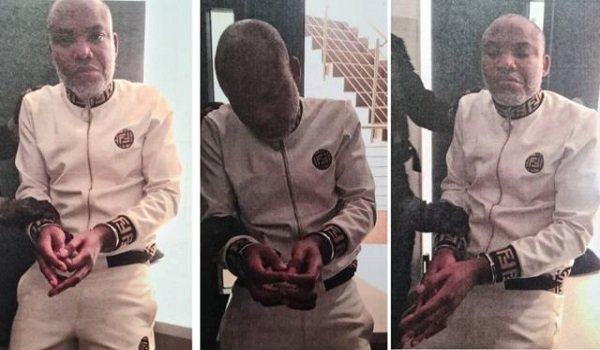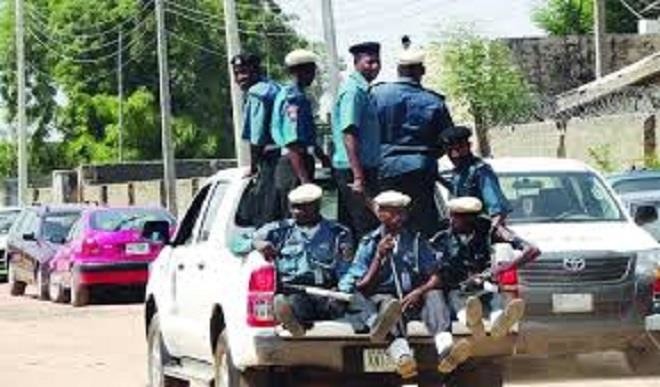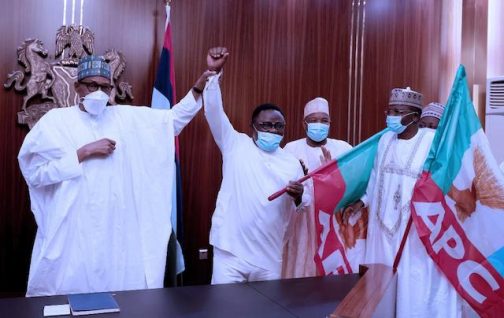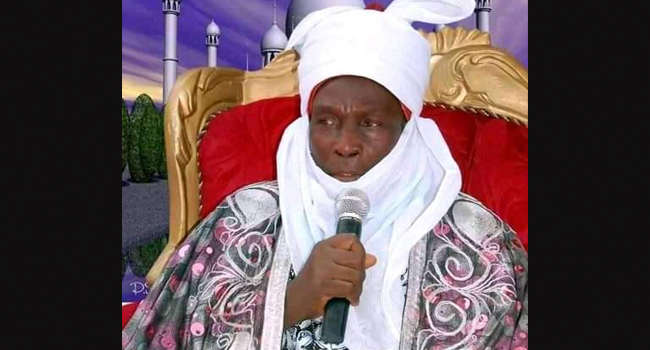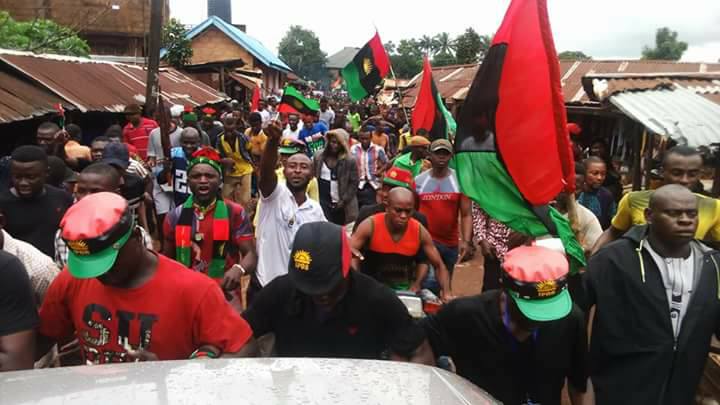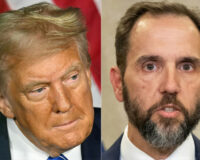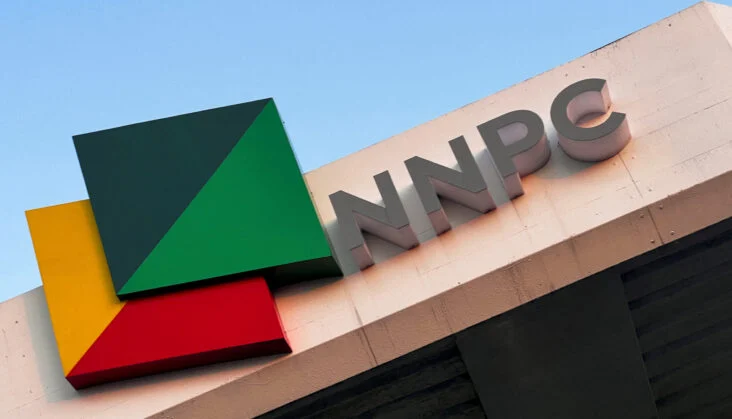Nnamdi Kanu: FG welcomes Ohaneze’s monitor team
Abubakar Malami, attorney-general of the federation (AGF), says the team set up by Ohanaeze Ndigbo, apex Igbo socio-cultural organisation, to monitor the trial of Nnamdi Kanu, leader of the proscribed Indigenous People of Biafra (IPOB), is unnecessary but welcome. Kanu was extradited to Nigeria to face trial after jumping bail in 2017. He was arraigned […]

